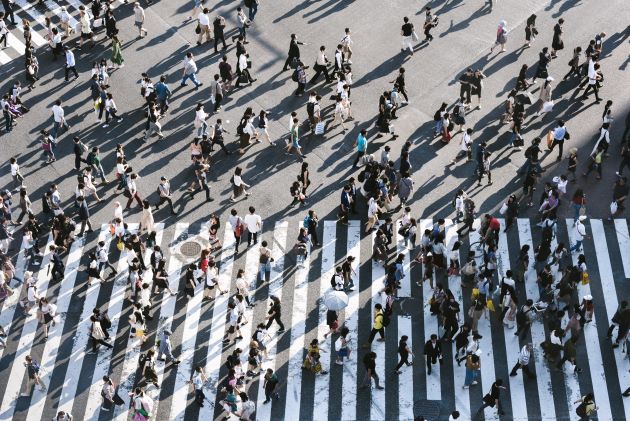Decades have passed since the end of the Jim Crow era in the United States. While segregation laws are no longer on the books, the legacy of the century-long period, which followed hundreds of years of institutional slavery, is evident across the country as wide socioeconomic gaps exist along racial lines.
Nationwide, the typical black household earns about $25,000 a year less than the typical white household. African-American workers are also more than twice as likely to be unemployed as white workers. Disparities such as these are not even across the country, however, and in some areas, socioeconomic gaps along racial lines are far greater.
Using data from the U.S. Census Bureau, 24/7 Wall St. created an index to measure socioeconomic disparities between black and white Americans by congressional districts to identify the worst congressional districts for black Americans.
Several of the congressional districts on this list fall within some of the worst cities for black Americans. But unlike cities, towns, or counties, congressional districts are not managed by a central municipality. Because the typical congressional district represents about 700,000 people, districts vary in geographical size depending on population density and can span multiple cities or be encompassed within one city. No matter how large they are, the one thing residents of a given congressional district all share is the representative they send to Washington D.C.
24/7 Wall St. discussed conditions within congressional districts with Andre Perry, a fellow in the Metropolitan Policy Program at the Brookings Institution. Perry explained that conditions within a given district are the product of a multitude of historical social and economic factors and therefore often reveal very little as to the efficacy of current political leadership.
However, congressmen and congresswomen are elected to represent the best interests of their constituents at the national level by writing, amending, and voting on legislation that can benefit their district. As such, congressional representatives are in a unique position of power to address issues of social and economic inequality within their district. Civil rights and racial equality are central to the political platform of several representatives on this list.


